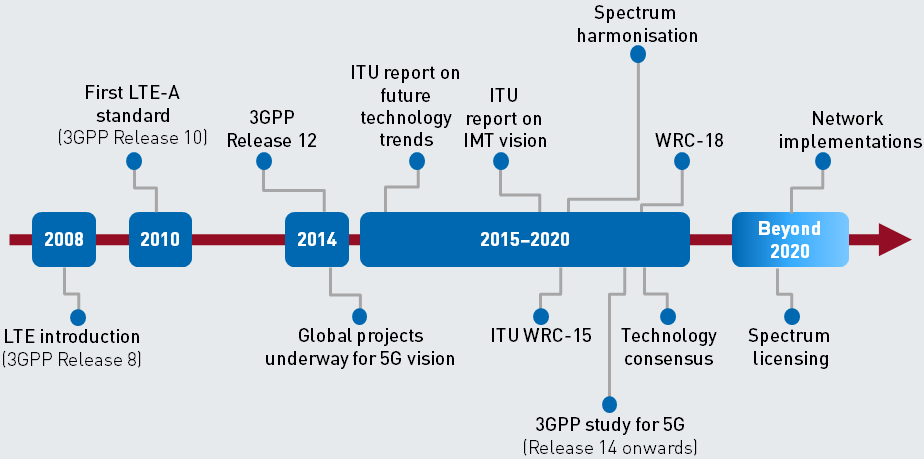
In a previous article, I mentioned that the development and deployment of 5G has often pitched as a race between operators/countries and there seems to be an assumption that the country that dominates this race will gain a technological superiority and dominance. Russia is now formally in the 5G race as it plans to rapidly build its 5G networks and deploy 5G technologies as early as 2020.
In recent times, the United States Government accused Huawei of espionage but did not explicitly cite the development of 5G as a bone of contention. The US specifically mentioned that Huawei’s communication equipment could not be trusted and went a step further in warning its allies to neither trust China nor deploy Huawei’s equipment within their 5G networks.
Despite the warning, the US was unable to cite any evidence of risks/compromise in Huawei’s products. Of course, this creates doubt and makes one begin to wonder if this is an attempt to slow down China’s leading role within the 5G space or simply politics as usual. And if indeed there were a race among countries regarding the development and deployment of 5G, China seems to be leading, as a result of the Government’s support and aggressive technology ambition, which it calls ‘Made in China 2025’.
Tekedia Mini-MBA edition 14 (June 3 – Sept 2, 2024) begins registrations; get massive discounts with early registration here.
Tekedia AI in Business Masterclass opens registrations here.
Join Tekedia Capital Syndicate and invest in Africa’s finest startups here.
Countries like Australia, New Zealand, Japan etc. have thrown their weight behind the US stance and formally declared their intentions of excluding Huawei from their 5G networks.
In a further twist of event, the British Intelligence (despite a gruelling Brexit negotiation and a desperate need to formalize trade agreements) came forward with the suggestion that the deployment of Huawei’s equipment within their networks poses a manageable risk. The British Intelligence went further to ascertain that they have developed techniques capable of mitigating these threats within their networks. This is not particularly surprising to those familiar with the UK telecoms sectors as large mobile operators within the UK depend heavily on the use of Huawei’s equipment and technologies for their operations. This is besides the huge grant and funding awarded to higher institutions of learning within the UK to accelerate the development of communication technologies.

Yet, countries like Canada are watching closely and are yet to formally announce their intentions of either excluding or including Huawei from their 5G networks. Canada could have other political or business reasons for sitting on the fence.
If indeed there are no evidence of espionage, as claimed by some of these countries, it makes one wonder if the US stance against Huawei is simply an attempt to stop Huawei’s (or China’s) supposedly ambition to dominate the 5G race or simply politics as usual.


